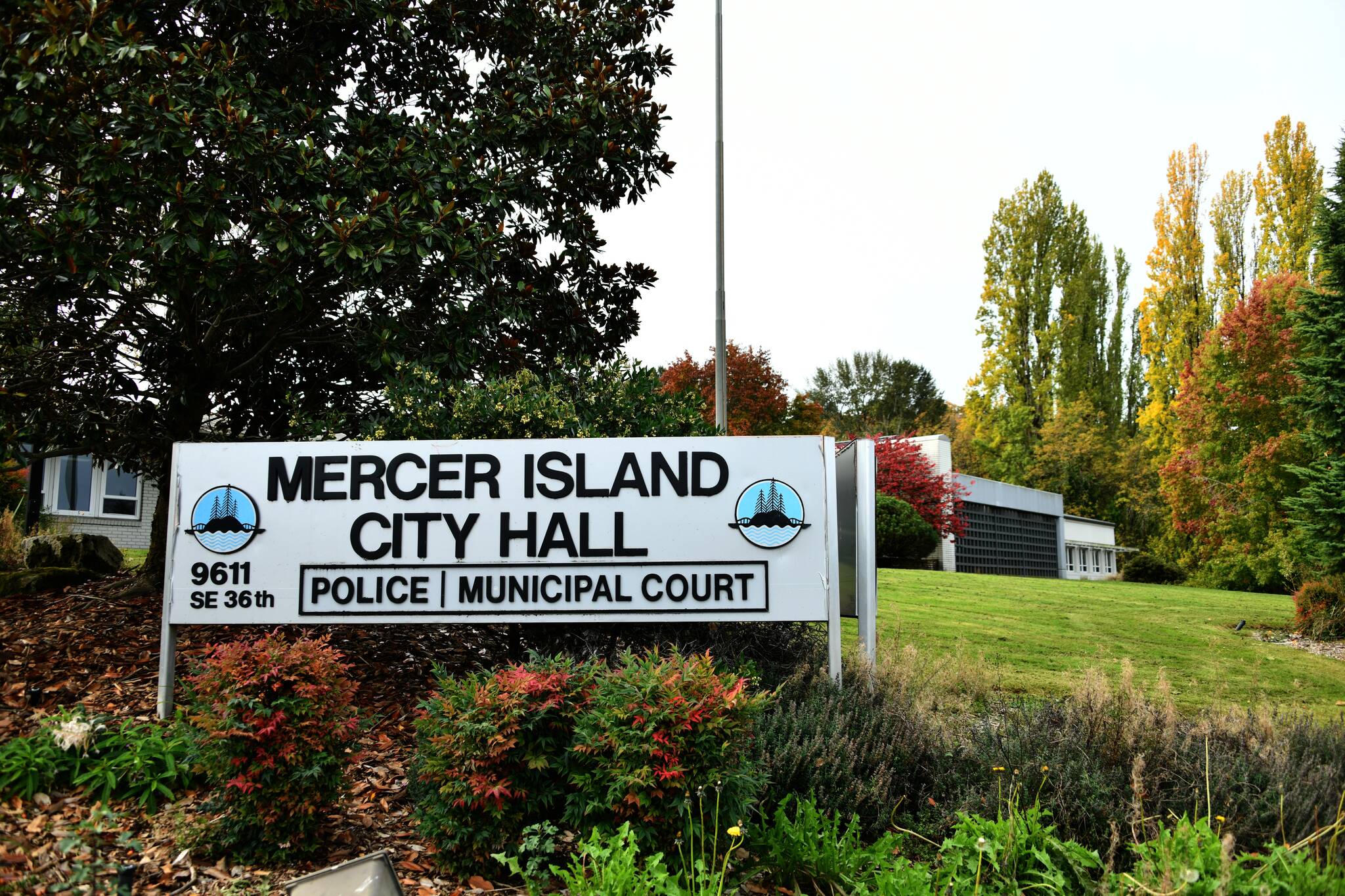A Climate Action Plan (CAP) survey will soon be in the hands of a plethora of Mercer Island residents.
Ross Freeman, Mercer Island sustainability program analyst, said the city will reach a notable milestone by mailing the critical community survey to 2,500 randomly-selected homes regarding its first-ever CAP.
City staff estimates that residents should receive the survey by late September and they will have one month to fill out and return their documents. Following an anticipated community meeting after the survey closes, the results will be analyzed and may be ready to be presented at the Nov. 15 city council meeting. A public review of the written CAP draft — featuring residents’ input and more — is anticipated in January of 2023. Staff expects to present the final plan to council for adoption in February of 2023.
At its Sept. 6 meeting, city council accepted the proposed survey after suggesting some minor revisions. City Manager Jessi Bon noted that it will cost about $20,000 to process and dispatch the survey, including a follow-up mailer.
“A survey like this is just one tool of many that the city is using to inform the actual written draft of the Climate Action Plan,” Freeman said at the meeting. “(Public) input amongst many other inputs would be incorporated into the written draft of the Climate Action Plan.”
Along with the mailed statistical survey, the city will offer an online companion survey and staff will gather additional input to include in the CAP from regional planning toolkits, other recent CAPs and existing city plans, consultant expertise and staff feedback and more.
The city’s CAP will focus on: mobility/transporation/land use; buildings and energy; materials, waste/recycling, consumption; natural resources/trees/water; and community resilience/adaptation, reads city documents.
According to a “wedge analysis” snapshot, the Island’s greenhouse gas (GHG) emissions reduction targets (with a percentage established from a 2007 baseline) are 50% for 2030 and 95% for 2050. The Cascadia Consulting Group noted that the city would need to take 58 actions to meet its K4C GHG targets.
Councilmember and CAP committee member Craig Reynolds said the city is committed to those targets and feels that getting feedback on the full list of 58 actions is a vital element in the CAP process.
“I think any action that does not get us to the full 95% and allow community input on items that will get us to the 95% is shortchanging us, and at the end of the day endangering us and the planet,” he said.
A strategic approach to action development could include, in part, identifying actions that maximize impact, such as identifying the largest sources of emissions on the Island; and evaluating policies, outreach and education programs, reads a city document.
“Public engagement will be critical to our success on climate. I respectfully ask that you consider League of Women Voters as a partner in climate action planning and in education and outreach. The League of Women Voters considers climate action a high priority. You can make a difference. Your focus on climate is much appreciated,” Island resident Callie Ridolfi said at the Sept. 6 meeting.
Local resident Jonathan Shakes feels an additional crucial action should be addressed in the CAP to help bolster the city toward its emissions reduction targets and have a positive impact on health, equity and the economy.
“I understand that this council does not have the power to pass federal legislation, but you can speak on behalf of our community and ask our federal government to pass the Energy Innovation Act,” Shakes said at the meeting.
For more information on the CAP, visit www.mercerisland.gov/CAP.


